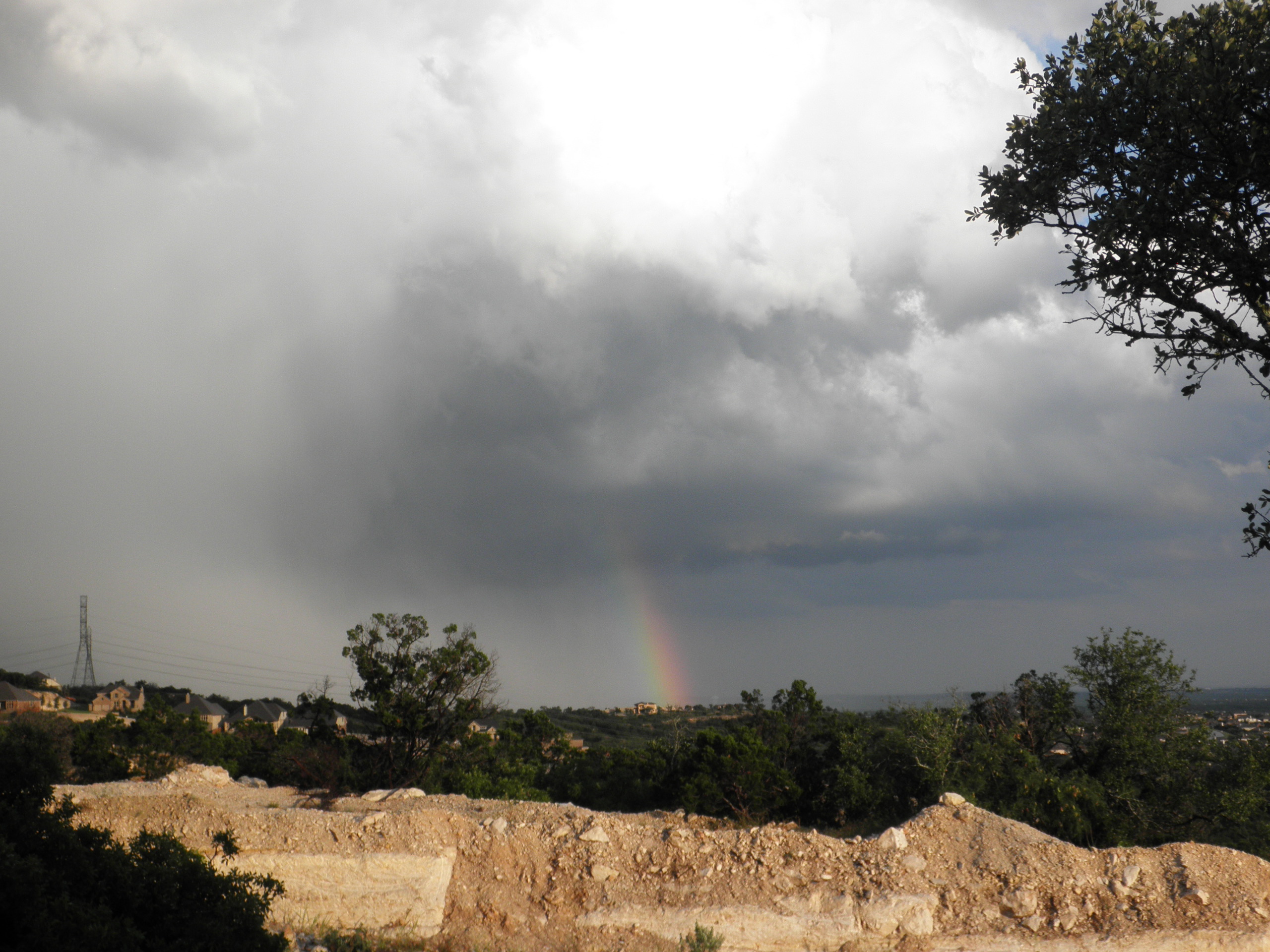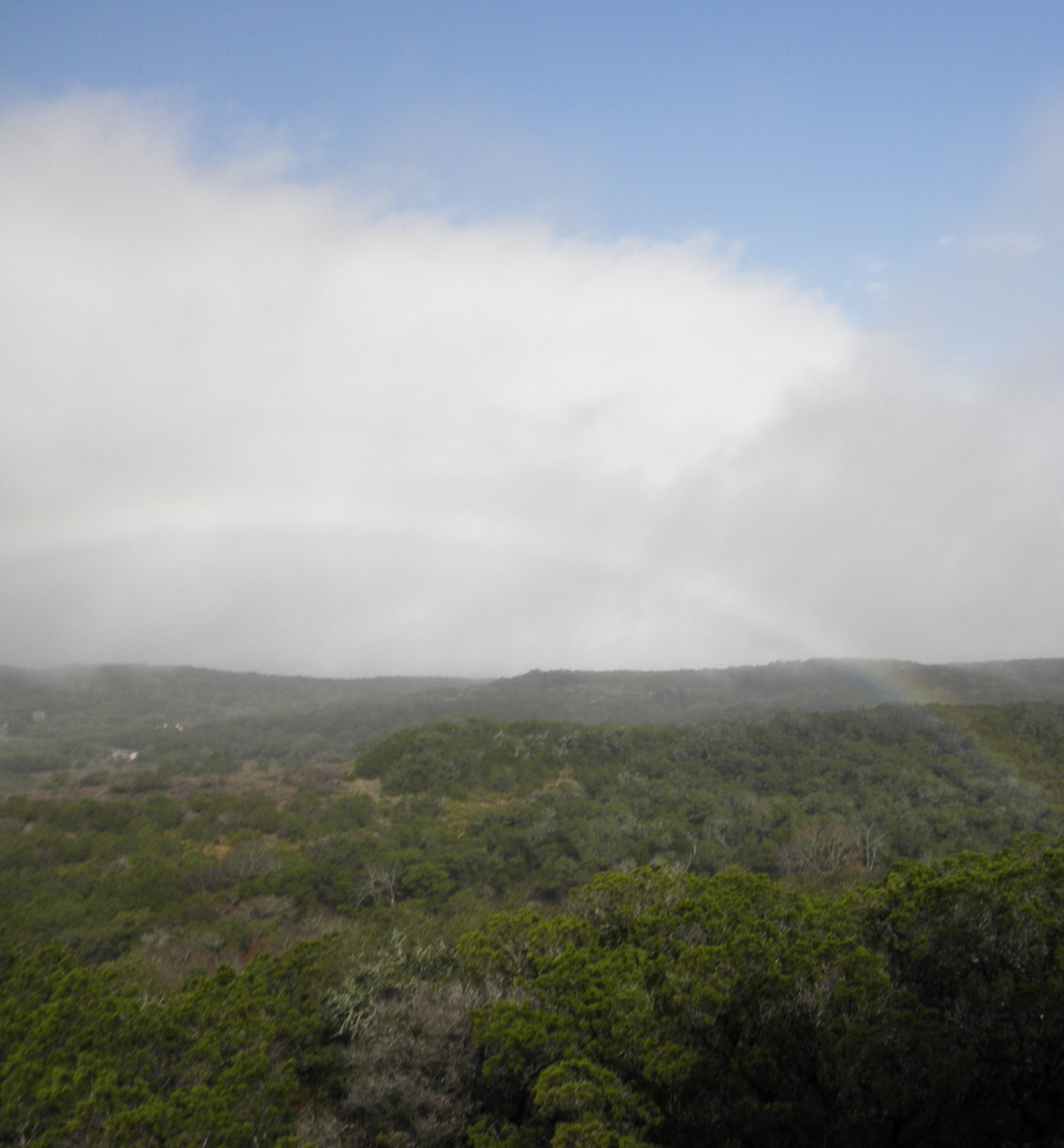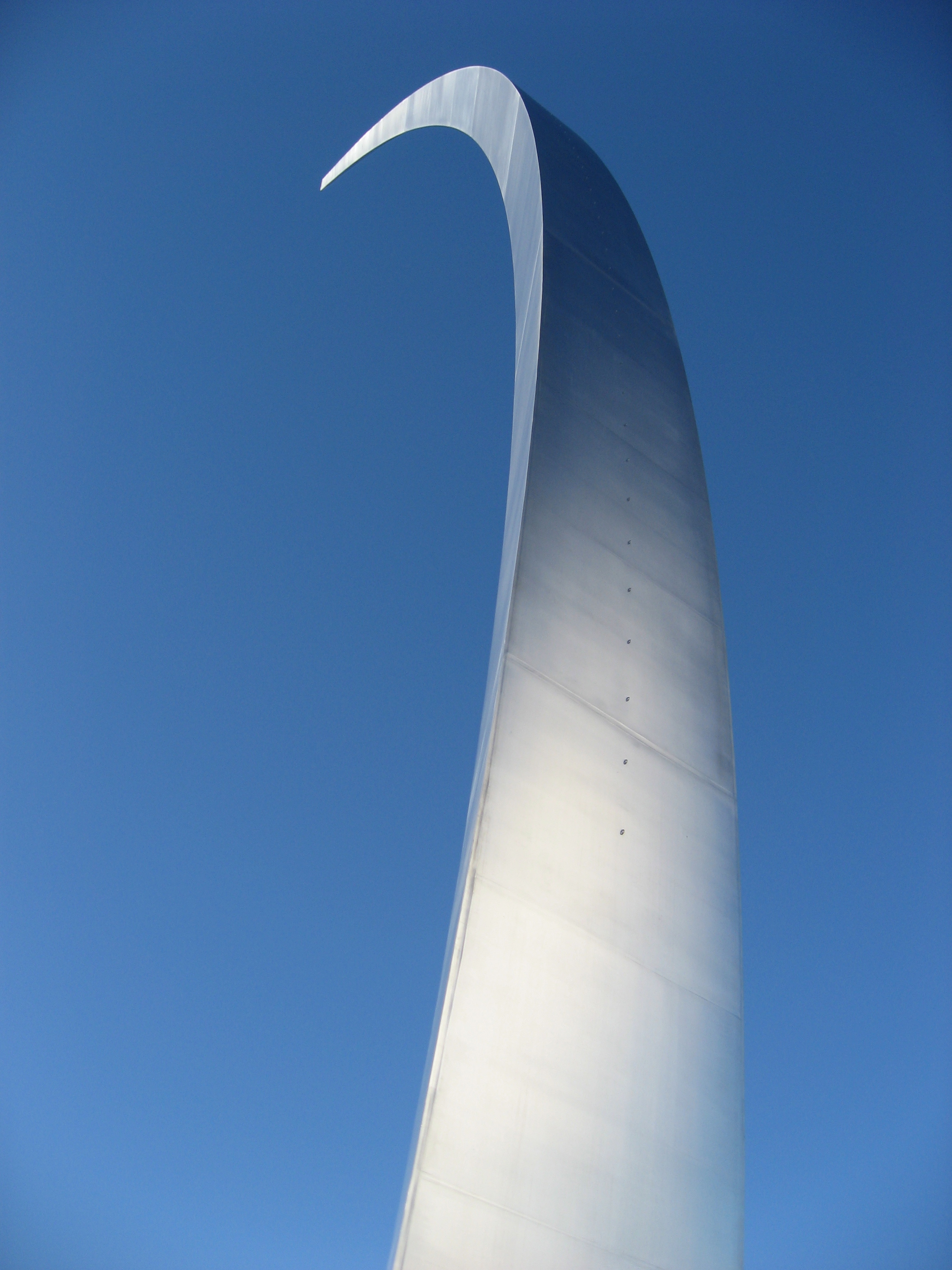I first posted this on RomCon a few weeks ago (minus my pictures), but decided it was worth repeating here.
In Highland Healer, I took advantage of the dearth of recorded history of the 16th century Scottish highlands to imagine what might happen to the clans devastated by the deaths of their lairds and King James IV at Flodden Fields in 1513. That got me to thinking about imagination in general and how we use it to create our stories – and our world.
“Logic will get you from A to Z; imagination will get you everywhere.”
― Albert Einstein
The very idea of imagination fascinates me. Why does it exist? When did it start? How did we develop the ability to extrapolate from what we observe to what might be? Do we have a cave-dwelling ancestor who imagined a better mastodon-trap so that his/her tribe survived on mastodon meat when others starved?
“Without leaps of imagination or dreaming, we lose the excitement of possibilities. Dreaming, after all is a form of planning.”
― Gloria Steinem
As authors, we rely on imagination to dream up our stories, to come up with the plot twist that no one sees coming, to envision the surroundings our characters are in, to get into their thoughts, and to share their emotions. Logic may give us our plot’s cause and effect. But imagination lets us ask “what if?” to come up with more than one answer.
“My imagination…gives me all the world and exiles me from it.”
― Ursula K. Le Guin
This couldn’t be more true for authors. We spend hours at our desks, traveling the world, journeying through time, and exploring the universe. We delve deeply into our characters’ lives and meet the people they meet. But we do it alone (unless we write with a partner in the same room) and crave the fellowship of others like us, which is why we join writers’ associations, critique groups, and social media.
“It is … through the world of the imagination which takes us beyond the restrictions of provable fact, that we touch the hem of truth.”
― Madeleine L’Engle
Imagination (along with research) gives us the ability to create on the page an experience for our readers that we’ve never experienced ourselves. We’re not limited, like the Fair Witness in Robert Heinlein’s Stranger in a Strange Land, to attest to only that which we can see, feel, taste, smell or hear. Never to assume or suppose. We can extend our senses through our imagination to experiences we’ve never had – and would never want to have – in real life. It’s ironic that romance authors often get asked if their sex lives inform their writing. No one asks authors how many villains they’ve shot and killed, what it feels like to fight for their life with a sword, or whether they get a lot of vitamin D from the sunshine on Mars.
What is now proved was once imagined.
― William Blake
Imagination allows some of us to predict the future. Ideas that were once science fiction now orbit the earth and provide everything from television to GPS. There are human bootprints on the moon, rovers on Mars, nanotechnology, even computers and the internet. What will we imagine next? Authors are responsible for some of the greatest ideas the world has ever known, not just in science and technology, but philosophy, culture and humanities.
Did we all start as dreamers, staring out a classroom window, making up stories in our heads? Probably not. But we share the gift of imagination with each other, and with every other author, great or obscure, who ever lived or will live.





Leave a Reply